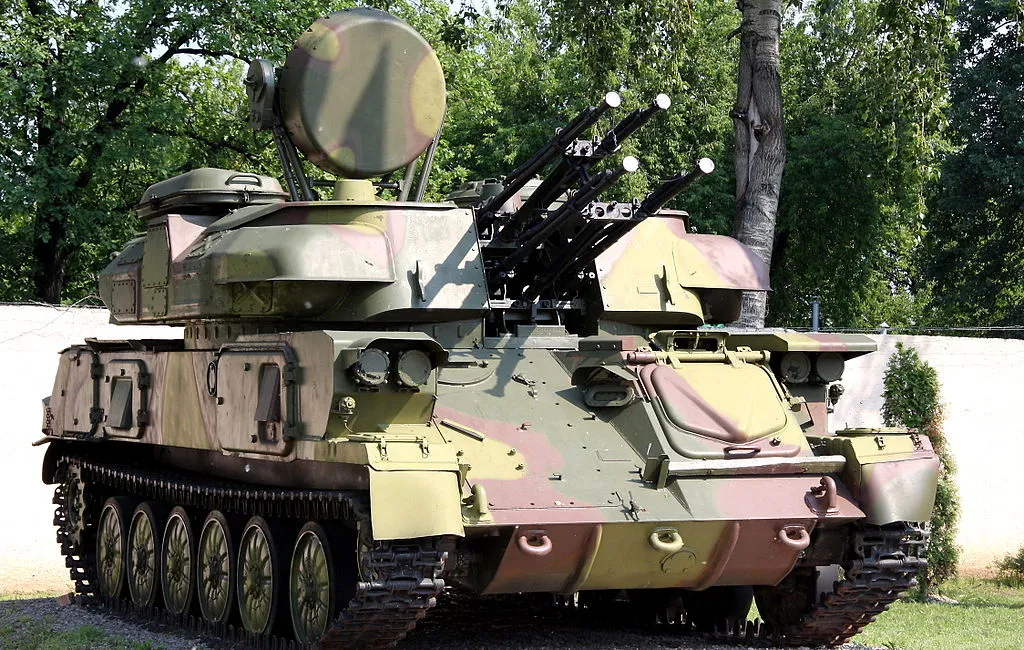
By Michael Nwankpa
A Brief History of Democracy in Nigeria
Nigeria’s fledgling democracy boasts of six elections and three changes of government. All these have happened since 1999 when Nigeria returned to civilian government after 16 years of consecutive military regimes. Most describe this period as the Fourth Republic. The Fourth Republic is Nigeria’s longest democratic period since it became an independent nation in 1960. Nigeria practised the parliamentary democratic system of government in the first three years of independence (1960-1963) and continued the constitutional democracy for another three years (1963-1966), albeit as a full republic until the military coup d’état of 15 January 1966.
The first six years of Nigeria’s independence is described as the First Republic. Nigeria would briefly return to democratic rule in 1979 after a succession of military coups and countercoups. This period (1979-1983), known as the Second Republic, was short-lived as the military once again intervened forcefully in Nigeria’s democracy. In 1993, the military government of General Ibrahim Babangida annulled, arguably, the freest and fairest Presidential election in the electoral history of Nigeria. Scholars refer to this period of botched democratic transition as the Third Republic. The Fourth Republic therefore shows that Nigeria has made a significant stride in its democratic journey, considering the resurgence of military coup d’états in Africa. Yet, Nigeria’s democracy remains militarised.
Read more >>> https://democracyparadox.com/2022/11/23/nigerias-militarised-democracy-and-the-2023-presidential-election/
